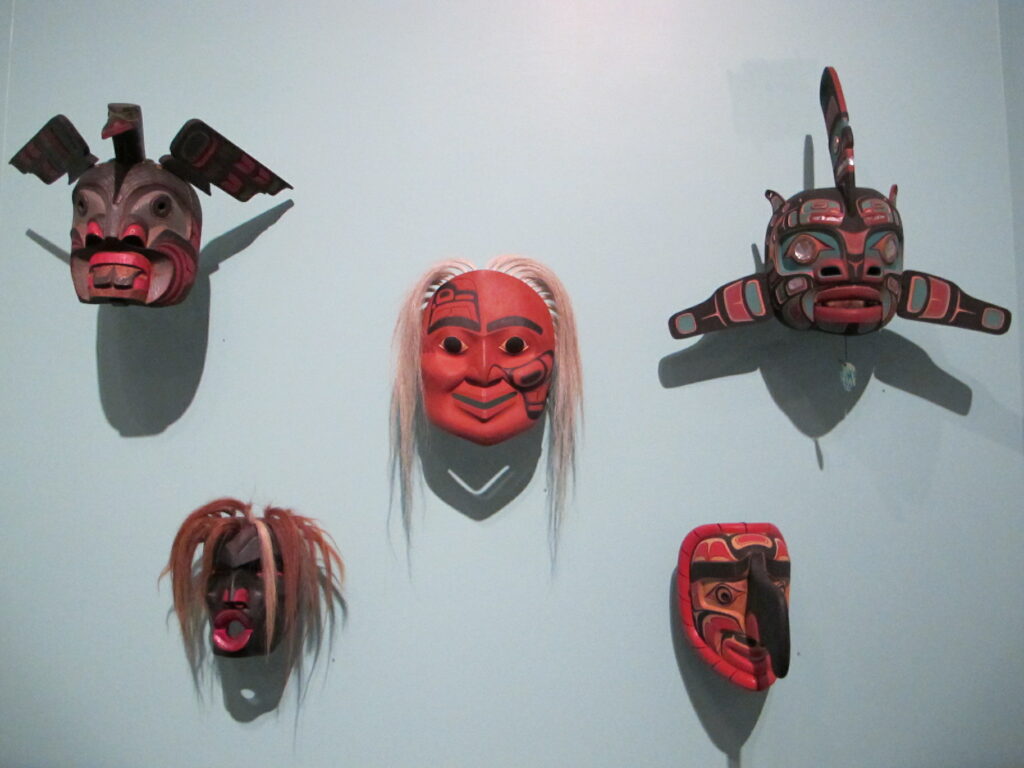An artist who identifies as Native American has been accused of doing “more damage than any European colonizers” did to the indigenous community, after it was revealed that she was actually white.
Kay Le Claire, 28, who identifies as “two spirit,” meaning non-binary, and since 2017 has claimed to be of Metis, Oneida, Anishinaabe, Haudenosaunee, Cuban, and Jewish heritage, was accused of being white on forum Madison 365.
A genealogy hobbyist used online records to expose that Le Claire’s actual heritage is Swedish, German, and French-Canadian, despite their prominent position in Wisconsin’s indigenous community.
According to the Daily Mail, Le Claire transformed from a “white woman” college student to a queer indigenous artist in such a convincing fashion, that they were able to gain positions of power in the Native community.
They were named a board member of the Missing and Murdered Indigenous Women Task Force at the Wisconsin Department of Justice, which fights against violence, abduction, and trafficking of indigenous women.
Le Claire, who referred to themselves as “nibiiwakamigkwe,” also helped create a queer, indigenous artists’ collective called, Giige, that they used to profit off cultural misappropriation.
They were given an artists’ residency at the University of Wisconsin, which included receiving stipends for speaking at conferences and art exhibitions.
But reports alleged that Le Claire isn’t even an artist, and purchased Native American artwork on Etsy, then resold it to unaware buyers.
“I bought a coyote bag that KLC claimed they spent four hours creating in January of 2021,” charged Laura Le Fay on Facebook at the end of the year.
“I now know, and have confirmed with the actual artisan, this bag was bought from an Etsy shop and resold.”
“[Le Claire] passed off people’s crafts as their own, and made up stories about the visions,” lamented Ho-Chunk Nation administer Jon Greendeer.
“In this way, they did more damage than any European colonizers did in the old days.”
“They fooled a lot of people even though a lot of what they spoke was Google and Wikipedia knowledge,” he continued.
“They were a master when it suited them, but they created a house of cards.”
Prior to Madison 365’s reveal, Le Claire’s house of cards was collapsing, and the Giige Collective was already in the process of trying to get them out of the group.
In a statement on Instagram, the collective said that they were in the process of removing Le Claire from ownership since October, and were met with “resistance and obstruction at every step of the way.”
Once the full extent of Le Claire’s “lies” were made public on Dec. 23, they ended discussions and took legal action.
“Evidence has come to light indicating that Kay Le Claire has made false claims regarding their heritage, their art, and their position in the community,” the collective posted.
“It is with great relief and a legal feat behind the scenes that the team at Giige announce our separation from co-founder Kay Le Claire, effective 12/31/2022,” they wrote.
They called on Le Claire to apologize for “any fraud, lies, and theft of culture, art, and opportunities” they took from the indigenous community, and to “gracefully accept the consequences” of their actions.
In a statement, Le Claire said that they were “still processing” the information that has come to light, and does not “yet know how to respond adequately.”
The “pretendian” offered “change” and “reducing harm” to the Native community by following their directions.
“Currently, this means that I am not using the Ojibwe name given to me and am removing myself from all community spaces, positions, projects, and grants and will not seek new ones,” they wrote.
“Any culturally related items I hold are being redistributed back in community…” The statement concluded.
While Le Claire managed to both avoid apologizing, or admitting fraud, the statement was likely a smart move.
The accusations against them indicate that they broke a federal law for passing of Native artwork as their own.
The Indian Arts and Crafts Act of 1990 “prohibits misrepresentation in the marketing of Indian art and craft products,” and states that it’s illegal to “sell, any art or craft product in a manner that falsely suggests it is Indian produced.”
As a first time violator, Le Claire can face both both civil and criminal penalties of a $250,000 fine, and/or a 5-year prison sentence.
If it is determined that Le Claire did so under the guise of a business, they can be fined up to $1,000,000.

